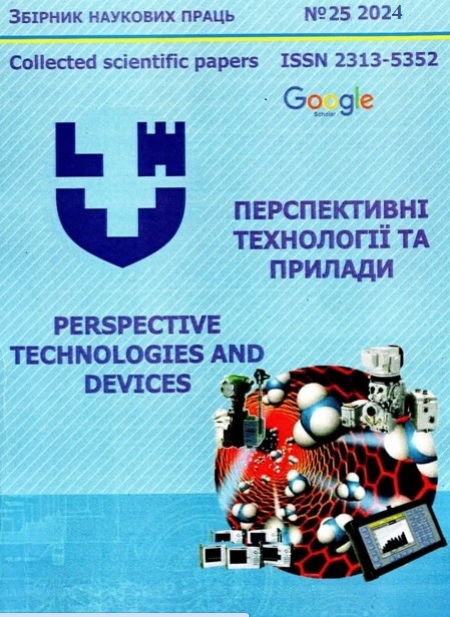PRINCIPLES OF OPERATION AND APPLICATION OF GPS
Abstract
This paper critically analyzes recent research and publications related to the Global Positioning System (GPS), and discusses and describes the basic principles of GPS operation. A detailed analysis of the most famous (most cited) publications by reputable world scientists demonstrates a wide range of applications of GPS, as well as possible ways to use it to solve problems in the near future. Instrumentation of the physical and technical world through huge networks of wireless sensor nodes, in particular for problems such as environmental monitoring, requires that these nodes be very small, light, untethered, and unobtrusive. The problem of localization, where a given node is physically located in the network, is complex but extremely important for many of these applications. The high cost of data collection for many applications in Earth sciences is exacerbated by the remoteness and inaccessibility of many field sites, which makes cheaper, more portable geodetic platforms (e.g., terrestrial laser scanning or GPS) impractical.


 https://scholar.google.com.ua/citations?
https://scholar.google.com.ua/citations?

